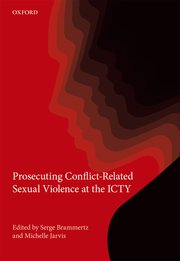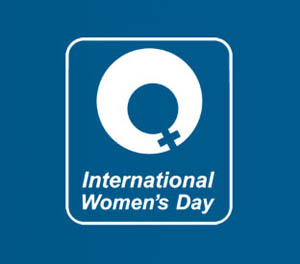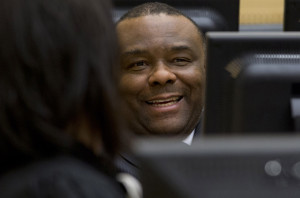 Edited by Serge Brammertz and Michelle Jarvis
Edited by Serge Brammertz and Michelle Jarvis
Although sexual violence directed at both females and males is a reality in many on-going conflicts throughout the world today, accountability for the perpetrators of such violence remains the exception rather than the rule. While awareness of the problem is growing, more effective approaches are urgently needed for the investigation and prosecution of conflict-related sexual violence crimes. Upon its establishment in 1993, the Office of the Prosecutor (OTP) of the International Criminal Tribunal for the Former Yugoslavia (ICTY) began the challenging task of prosecuting the perpetrators of conflict-related sexual violence crimes, alongside the many other atrocities committed during the conflicts in the former Yugoslavia.
This book documents the experiences, achievements, challenges, and fundamental insights of the OTP in prosecuting conflict-related sexual violence crimes at the ICTY over the past two decades. It draws on an extensive dossier of OTP documentation, court filings, trial exhibits, testimony, ICTY judgements, and other materials, as well as interviews with current and former OTP staff members. The authors provide a unique analytical perspective on the obstacles faced in prioritizing, investigating, and prosecuting conflict-related sexual violence crimes. While the ICTY has made great strides in developing international criminal law in this area, this volume exposes the pressing need for determined and increasingly sophisticated strategies in order to overcome the ongoing obstacles in prosecuting conflict-related sexual violence crimes. The book presents concrete recommendations to inform future work being done at the national and international levels, including that of the International Criminal Court, international investigation commissions, and countries developing transitional justice processes. It provides an essential resource for investigators and criminal lawyers, human rights fact-finders, policy makers, rule of law experts, and academics.
To order the book, click here.


